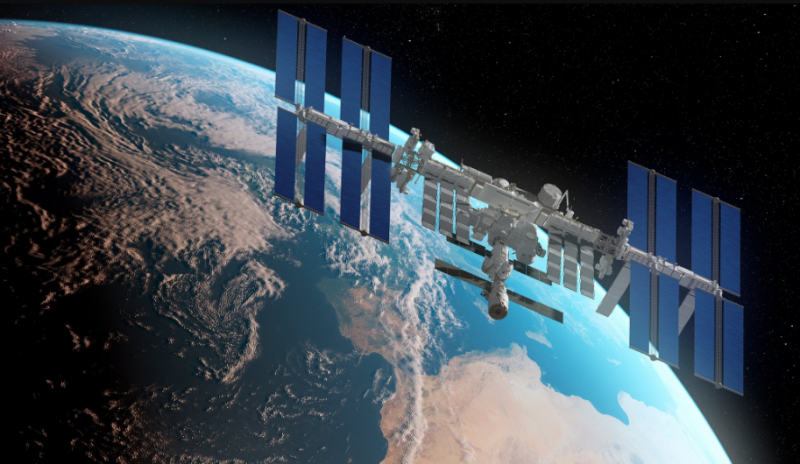
USA: The Crew-6 NASA-SpaceX mission to the International Space Station is about to launch. The launch is scheduled to take place on February 27 from Florida's Kennedy Space Center.
The Expedition 69 astronauts will stay at the orbiting lab for up to six months. They will carry out a number of scientific studies throughout their employment, including heart tissue microgravity experiments.
The launch was originally slated for February 26 but was postponed following a protracted Flight Readiness Review. This review concentrated on "the certification of flight readiness as well as the readiness of SpaceX's crew transportation system, the space station, and its international partners to support the flight." The Crew-6 mission will be SpaceX's sixth launch of an astronaut to the ISS.
Also Read: Google upgrades Workspace applications with a new look
On February 27, at 12:15 p.m. IST, Crew-6's Dragon capsule Endeavour will blast off atop a Falcon 9 rocket from SpaceX. NASA astronauts Stephen Bowen and Warren Hoburg, UAE astronaut Sultan Alneyadi, and Roscosmos cosmonaut Andrey Fedyaev are the four participants in the Crew-6 mission. Alneyadi's participation in the mission will be unique because he will be the first Arab to complete a lengthy space mission.
This is a summary of the scientific research that will be done at the ISS. Tissue Chips in Space is a project being started by the National Institutes of Health (NIH) and the National Center for Advancing Translational Sciences (NCATS) to study heart muscle tissue in microgravity. Tissue chips, which are tiny gadgets that replicate the operations of human organs, will be tested by astronauts.
Drugs that have already passed clinical trials will be examined to see if they can stop changes in heart cell function and gene expression that arise during spaceflight. These findings might also be helpful in research on drug development here on Earth. Research will be done on treatments to stop changes in heart tissue brought on by spaceflight that might cause cardiac disease, which could aid in creating safety measures for future astronauts.
The ESA's Immunity Assay project will keep track of how the stresses of spaceflight impact immune cell functions.
This test has up until now only been carried out before and after a flight on Earth.
Also Read: The potential impact of quantum technology on Africa's health, agriculture, and financial sectors
The test can now be performed while in flight thanks to the new assay technique, which may give researchers a clearer picture of the immune changes that occur during spaceflights.
During spacewalks, the astronauts will also gather microbial samples from the outside of the ISS. Extremophile microorganisms, which can survive in hostile environments like space, may also be useful on Earth.
The results of this study could be used to determine whether modifications to crewed spacecraft and spacesuits are necessary "to limit the spread of contamination from Earth on future exploration missions."
The astronauts on Crew 6 will keep studying combustion systems.
According to NASA, the findings "could aid scientists in assessing the flammability of materials used in upcoming space missions, a crucial aspect in spacecraft and facility design."
The investigation could improve crew safety by assisting in the selection of the most effective tools and methods for spotting, putting out, and cleaning up after an in-space fire.